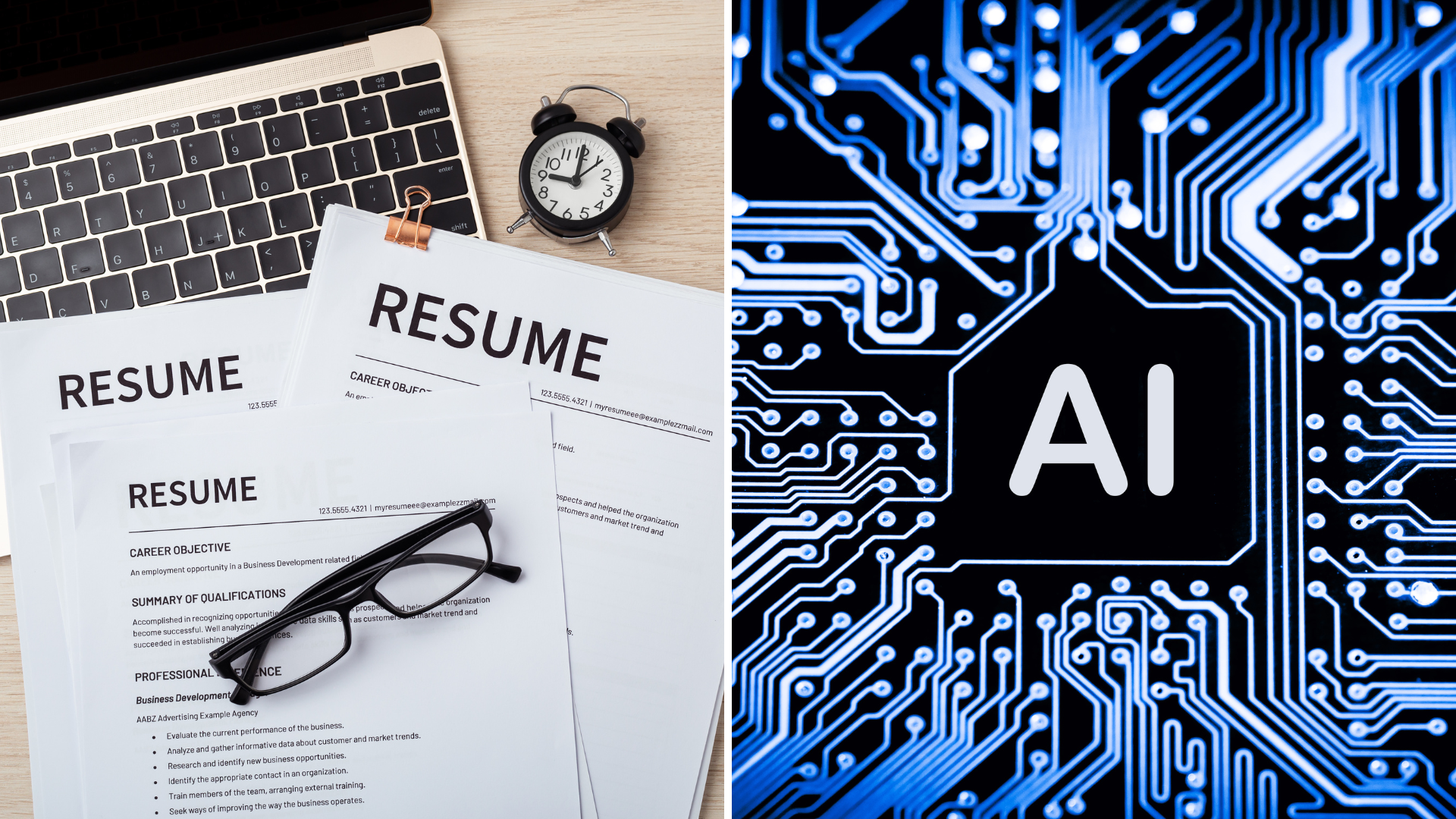Navigating the career shift in an AI-driven economy
Frog Recruitment • September 14, 2025

With 86% of Kiwis already using artificial intelligence in their everyday work tasks, it’s clear that the AI wave has well and truly arrived in New Zealand. From writing emails to automating data, AI is rapidly shifting from an emerging innovation to an embedded workforce companion. As automation and generative tools reshape operations across industries, professionals are increasingly confronted with a critical question: is your career ready for AI?
AI is no longer the domain of technical experts—it’s now involved in communication, decision-making, marketing, and even medical consultations. This shift is happening fast, and many professionals find themselves either adapting or falling behind. The transition demands not just a tech-savvy mindset but a willingness to rethink one’s role and value in the workplace. As the tools become more integrated into daily work, the expectations of employees are evolving in tandem.
To explore this growing shift, Shannon Barlow, NZ Managing Director at Frog Recruitment, and Janet Tuck, Career Planning Specialist at Career Clinic, shared insights into how AI is subtly transforming work and the steps professionals can take to keep up.
“I think people would be really surprised if they sat down and took a good look at how pervasive AI already is.”
According to Tuck, AI is now threaded into everything from summarising meetings to helping with content creation and job applications. “Clients I’ve worked with are using AI to write reports, summarise meetings, or create content,” she said. “It’s becoming a normal part of workplace processes, even in industries you wouldn’t expect.”
This familiarity with AI also leads to increased reliance. “It’s funny how quickly you come to expect it to do the work,” said Barlow. She shared an anecdote about using transcription software and becoming frustrated when it didn’t work instantly—an example of how quickly our expectations have shifted.
Despite this reliance, Tuck cautioned that many professionals aren’t fully aware of how vulnerable their tasks might be. “I always tell clients to look at their job descriptions and ask, what could a machine do?” she said. “If something can be automated, there’s a good chance someone’s already working on how to do that.”
“As AI becomes more advanced, we’ll start to see entire job types disappear quite quickly.” AI is currently used to complement human work, but as the technology becomes more capable, it is expected to take over tasks entirely—especially in roles where repetition is key. From payroll and scheduling to data entry and customer support, many day-to-day functions are already being re-evaluated for automation.
Tuck explained that even interview questions are shifting. “One of my clients applied for a retail job and the first thing they were asked was, ‘What’s your experience with AI?’” she said. “That was a wake-up call.” These types of questions aren’t limited to tech roles anymore. They reflect a broader shift in what employers expect across the board.
Even creative industries aren’t immune. AI’s ability to write content or generate imagery means that roles involving routine writing, editing, or design could soon be shared with—or replaced by—technology. The common thread, according to Tuck, is that workers need to keep reassessing their own relevance. If you haven’t changed your approach or upskilled recently, now is the time to do so.
AI can either displace or empower, depending on how it’s embraced. Barlow described using tools like ChatGPT in client sessions to fast-track CV improvements. Tuck said the key is to “start playing” with these tools, even if they feel unfamiliar. Gaining confidence early on can make a huge difference to how well individuals keep pace with evolving workplace expectations.
AI is also helping to shift focus from administrative to strategic work. By automating time-consuming tasks, professionals are freed up to invest in leadership, collaboration, and problem-solving. For many, this change represents an opportunity to add more value, not less. But not every worker will be equally equipped to adapt, particularly if they’re not actively seeking to stay current with new tools and platforms.
Tuck recommended closely monitoring job listings—even if you're not currently job-hunting—as a reliable way to measure your skill set against market expectations. “It’s one of the best ways to identify any growing gaps before they become a real issue,” she said.
To conclude, Tuck outlined clear steps that professionals can take to stay ahead. First, engage with the tools—ask someone for help if needed, and just get started. “The sooner you start using them, the more confident you’ll feel.”
She also stressed the value of accessible upskilling. “You don’t need another degree,” she said. “Micro-credentials or even free tools online can be a great start.” It’s about demonstrating adaptability and a proactive mindset—traits increasingly valued by employers.
The key message is this: AI is not a distant concern. It is shaping how New Zealanders work today, and those who adapt early will have the greatest advantage. Staying relevant is no longer optional—it’s essential.
Grow your career and team
Get in touch with Frog Recruitment
Auckland I
Wellington
In business since 2002 in New Zealand, Frog Recruitment is an award-winning recruitment agency with people at our heart. Located across Auckland and Wellington, we specialise in accounting and finance, business support, education, executive, government, HR, legal, marketing and digital, property, sales, supply chain, and technology sectors. As the proud recipients of the 2024 RCSA Excellence in Candidate Care Award, we are dedicated to helping businesses achieve success through a people-first approach.







